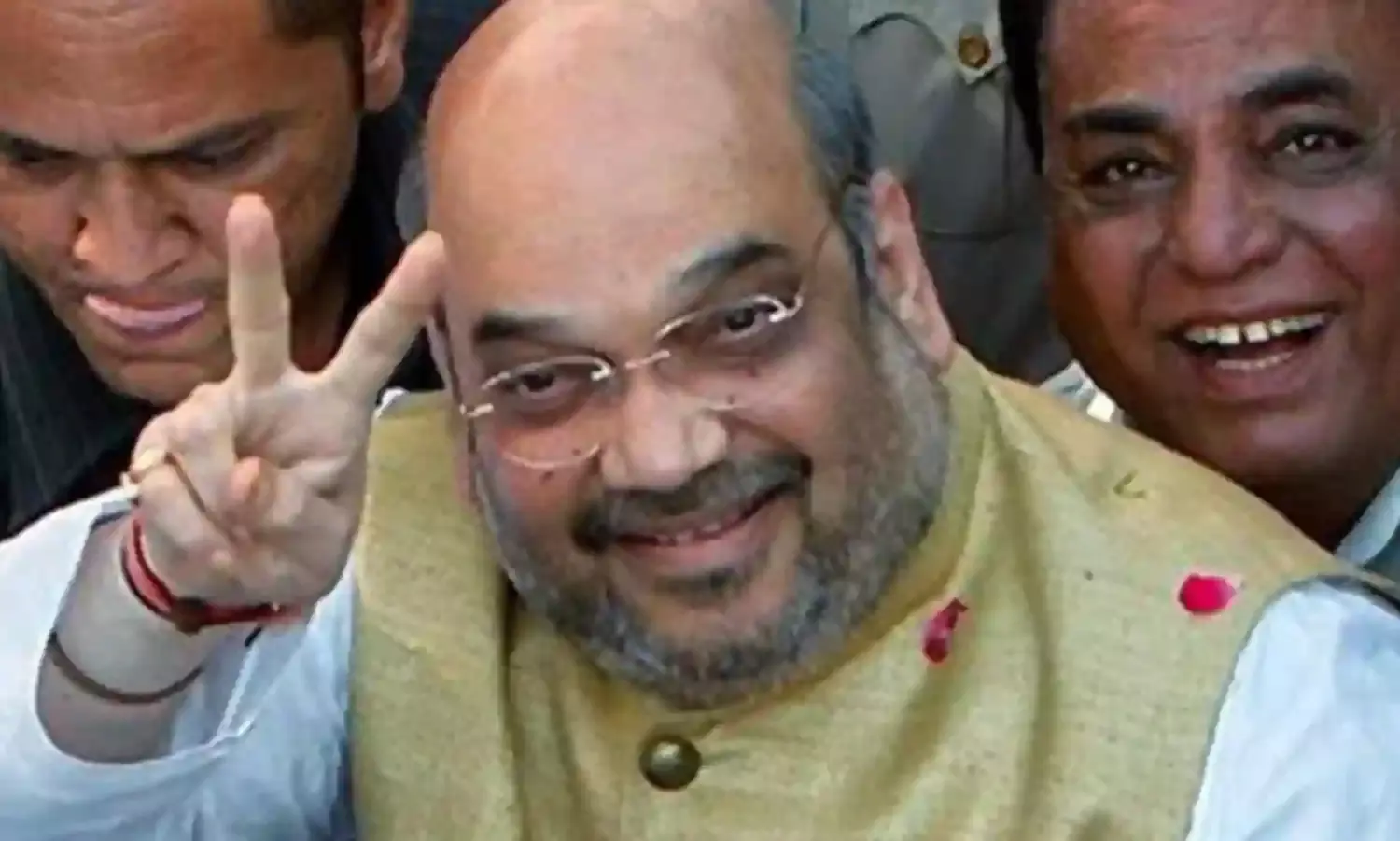Questions Raised by Family About The Death of Judge in Sohrabuddin Encounter Case
Questions Raised by Family About The Death of Judge in Sohrabuddin Encounter Case

NEW DELHI: In a series of investigative stories The Caravan has raised questions about the circumstances surrounding the death of judge BH Loya who reportedly died of a ‘heart attack’ while presiding over the CBI special court in Mumbai that was hearing the Sohrabuddin encounter case. Bharatiya Janata party president Amit Shah was the main accused in this case.
The Caravan editors said that their reporter Niranjan Takle while investigating the 2014 death of Loya for a year met various members of the judge’s family, sources from within the hospital where his post mortem was conducted, as well as the police for the story. He brought to light “many troubling facts: as well as recorded interviews by the family who have raised questions about “ inconsistencies in the reported account of the death; about the procedures followed after his death; and about the condition of the judge’s body when it was handed over to the family.”
The Caravan report, according to its editors, raises the following questions:
Why was the family not informed when Loya was taken to hospital?
Why were they not informed as soon as he died?
Why were they not asked for approval of a post-mortem, or informed that one was to be performed, before the procedure was carried out?
Who recommended the post-mortem, and why?
What was suspicious about Loya’s death to cause a post-mortem to be recommended?
Why was he taken to the hospital from a VIP Guest House in an auto rickshaw when the nearest auto stand was 2 km away?
Were there no cars available at the VIP Guest House - which regularly hosts VIPs, including ministers, IAS and IPS officers and judges?
Why was he taken to an obscure private hospital which did not have a working ECG machine?
The family was first informed of his death at 5 am, so why does the post-mortem report mention the time of death as 6.15 am?
Why was the judge’s phone returned to the family only three days after his death?
Why was the phone returned by the RSS man Ishwar Baheti and not the police?
According to the family, there were blood stains on the shirt of the judge—how was that possible when he died of a heart attack?
The family alleged that the judge had been under considerable pressure in the case. The pressure, they alleged, was exerted by the then chief justice of the Mumbai High Court, Mohit Shah who, they said, would often summon the judge to meet him late at night. The Caravan report quotes the judge’s sister, Anuradha Biyani, a medical doctor in government service in Maharashtra, “My brother was offered a bribe of 100 crore in return for a favourable judgment. Mohit Shah, the chief justice, made the offer himself.”
Biyani has alleged in the report that Mohit Shah told her brother that “if the judgment is delivered before 30 December, it won’t be under focus at all because at the same time, there was going to be another explosive story which would ensure that people would not take notice of this.” On 30 December, around one month after Loya’s death, Amit Shah was discharged. The same day, news of MS Dhoni’s retirement from test cricket dominated television screens across the country. As Biyani recounted, “There was just a ticker at the bottom which said, ‘Amit Shah not guilty. Amit Shah not guilty.’”
Though the family asked for an inquiry commission to probe Loya’s death, none was ever set up. These reports suggest that the demand must be looked at afresh to allay any doubts over the circumstances surrounding the judge’s death.
The links to the Caravan story are:
PART 1: vantage-shocking-details-emerge-in-death-of-judge-presiding-over-sohrabuddin-trial-family-breaks-silence
PART 2: vantage-loya-chief-justice-mohit-shah-offer-100-crore-favourable-judgment-sohrabuddin-case



